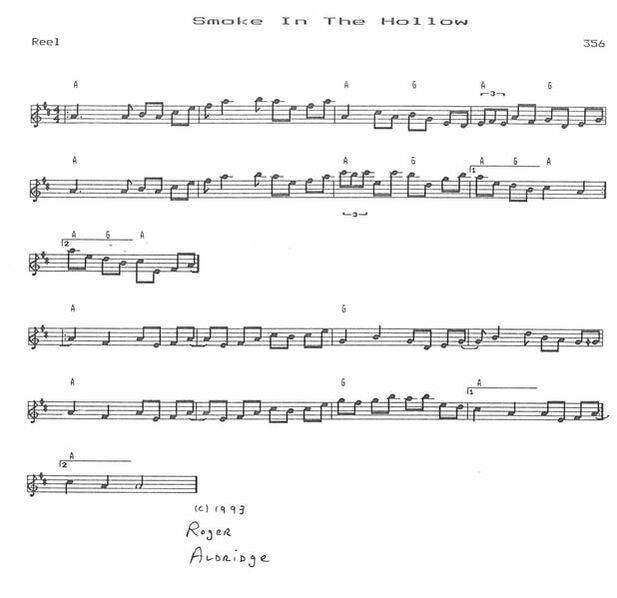Over the years, when I would have a deep conversation with someone, they would sometimes say to me, "You should write a book." In response, I would often say, "All of this is in my music."
Now, I am writing a series of blogs (Out And About) that go beyond what I can express with music. However, I still have no interest in writing a book. I am happy with how my blogs are living documents that I can update whenever new insights come to me.
At some point in the future, I might put my blogs into a book. Each one-year blog could be a chapter. However, for now, I love having this freedom and flexibility with them.
Now, I am writing a series of blogs (Out And About) that go beyond what I can express with music. However, I still have no interest in writing a book. I am happy with how my blogs are living documents that I can update whenever new insights come to me.
At some point in the future, I might put my blogs into a book. Each one-year blog could be a chapter. However, for now, I love having this freedom and flexibility with them.

 RSS Feed
RSS Feed